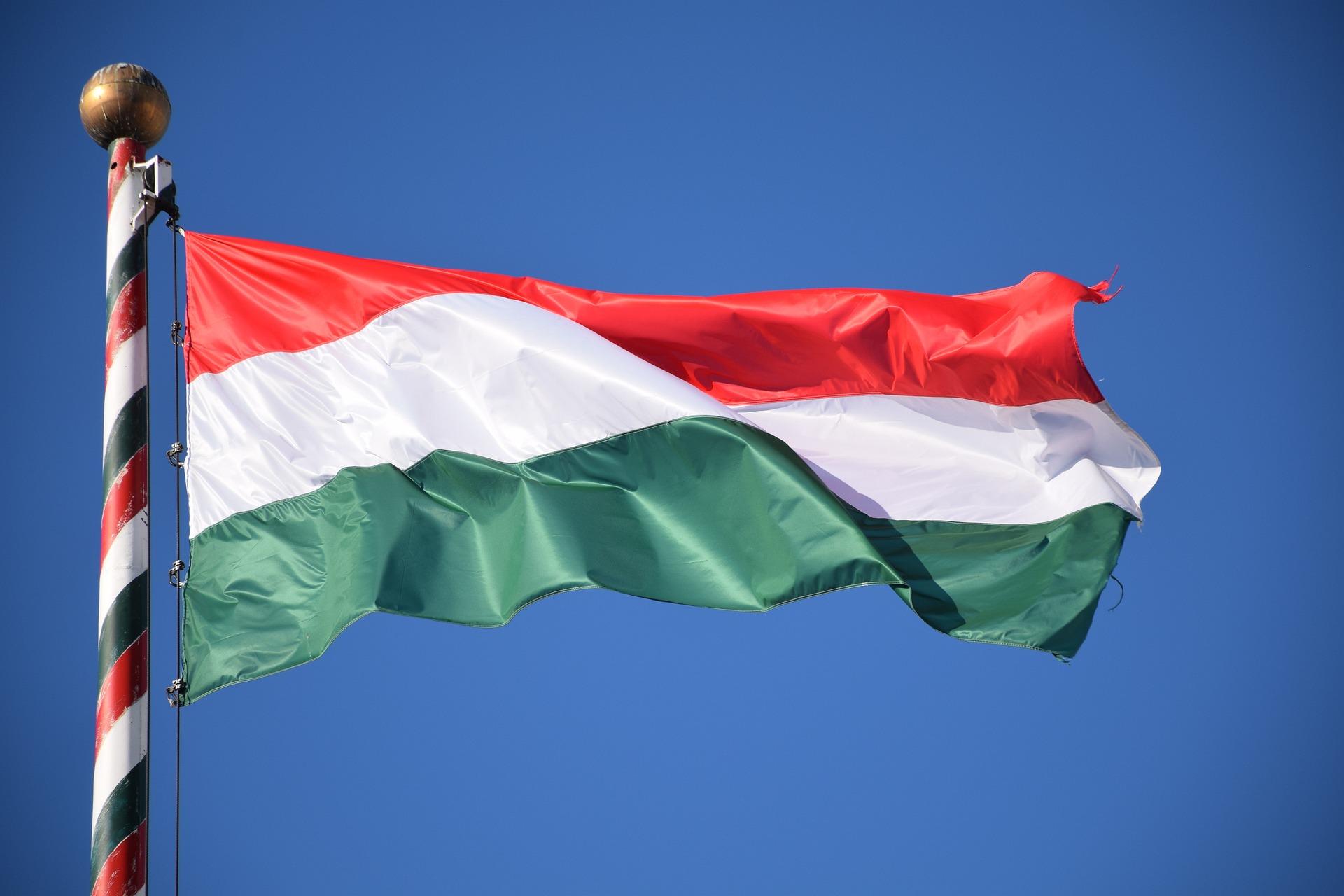
403
Sorry!!
Error! We're sorry, but the page you were looking for doesn't exist.
Hungarian Premier claims nearly no one thinks Ukraine will win war
(MENAFN) In a closed-door conference with the Fidesz-KDNP parliamentary faction, Hungarian Prime Minister Viktor Orban expressed a pessimistic outlook for the European Union's immediate future, attributing it to the unfolding Ukraine conflict. Orban, a vocal critic of the European Union's policies, particularly regarding its financial support for Ukraine in its conflict against Russia, predicted a significant victory for conservative parties in the upcoming European Parliament elections in June.
During the conference, Orban suggested that the war in Ukraine would persist, leading to an increased burden on Europe. He anticipated a reduction in financial support for Ukraine due to disputes in the United States amid the presidential election, further complicating the situation.
Orban highlighted the political challenges associated with supporting Ukraine, noting that farmers across Europe are in revolt, and the belief in Ukraine's victory is waning.
"The war will not end. Europe’s burden will become heavier because financial support for Ukraine will decrease due to disputes in the United States amid the presidential election," stated Orban during the closed-door meeting, as reported by Magyar Nemzet. He emphasized the substantial political cost associated with supporting Ukraine and expressed skepticism about the prospects of Ukrainian victory.
Orban's predictions align with a recent survey conducted by the European Council on Foreign Relations (ECFR), where citizens in 12 European Union member states were polled regarding the Ukraine conflict. Released on Wednesday, the poll revealed that only 10 percent of respondents believed Ukraine would triumph over Russia on the battlefield. In contrast, twice as many believed Russia would prevail, and 37 percent considered a compromise settlement as the most likely outcome.
The Hungarian Prime Minister also speculated about potential policy changes from Brussels after the elections, and he suggested that Washington might alter its course following the presidential election later this year. These perspectives underscore the complex geopolitical landscape and the varied opinions within the European Union regarding the ongoing conflict, posing significant challenges for the bloc's unity and cohesion in the face of the Ukraine crisis.
During the conference, Orban suggested that the war in Ukraine would persist, leading to an increased burden on Europe. He anticipated a reduction in financial support for Ukraine due to disputes in the United States amid the presidential election, further complicating the situation.
Orban highlighted the political challenges associated with supporting Ukraine, noting that farmers across Europe are in revolt, and the belief in Ukraine's victory is waning.
"The war will not end. Europe’s burden will become heavier because financial support for Ukraine will decrease due to disputes in the United States amid the presidential election," stated Orban during the closed-door meeting, as reported by Magyar Nemzet. He emphasized the substantial political cost associated with supporting Ukraine and expressed skepticism about the prospects of Ukrainian victory.
Orban's predictions align with a recent survey conducted by the European Council on Foreign Relations (ECFR), where citizens in 12 European Union member states were polled regarding the Ukraine conflict. Released on Wednesday, the poll revealed that only 10 percent of respondents believed Ukraine would triumph over Russia on the battlefield. In contrast, twice as many believed Russia would prevail, and 37 percent considered a compromise settlement as the most likely outcome.
The Hungarian Prime Minister also speculated about potential policy changes from Brussels after the elections, and he suggested that Washington might alter its course following the presidential election later this year. These perspectives underscore the complex geopolitical landscape and the varied opinions within the European Union regarding the ongoing conflict, posing significant challenges for the bloc's unity and cohesion in the face of the Ukraine crisis.

Legal Disclaimer:
MENAFN provides the
information “as is” without warranty of any kind. We do not accept
any responsibility or liability for the accuracy, content, images,
videos, licenses, completeness, legality, or reliability of the information
contained in this article. If you have any complaints or copyright
issues related to this article, kindly contact the provider above.

















Comments
No comment